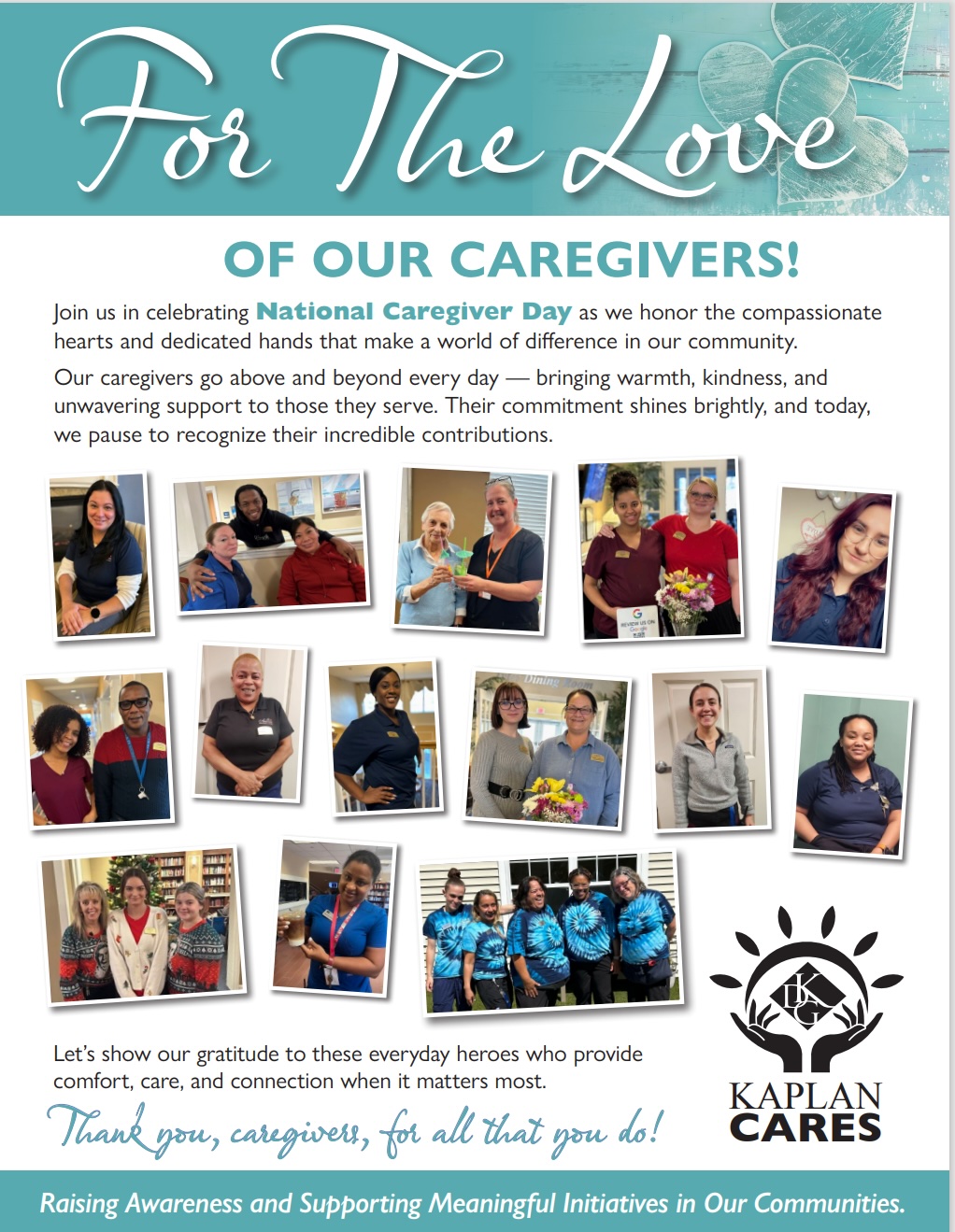Caring for someone you love is meaningful—but it’s not always easy. Many family caregivers juggle daily responsibilities, emotional stress, and time constraints while trying to meet the needs of a loved one. That’s where respite care comes in.
Respite care is a short-term service that offers temporary support for caregivers and older adults. It provides professional care for 2 weeks to a month, and sometimes longer, depending on the situation.
Respite care can be used for rest, recovery, and even as a trial to explore a senior living community. It’s a valuable resource for families, as it provides a way to access professional care for your loved one without a long-term commitment.
What Makes Respite Care So Helpful?
Respite care is designed to be flexible. It’s not a long-term answer when challenges arise—instead, it’s about short-term relief for those in need.
When caregiving becomes overwhelming, respite care provides an opportunity to step away, all without compromising your loved one’s well-being.
During their time in respite care, your loved one has access to everything the community has to offer. They’ll be able to participate in community meals, social activities, and all the on-site events. Meanwhile, a team of professional caregivers steps in to offer everyday support.
Then, you can step back and focus on yourself. It’s a chance to focus on yourself for a change, and that’s a valuable thing. Respite care isn’t just for emergencies—it can also be scheduled in advance, making it a proactive part of a well-rounded care plan.
How Respite Care Supports Caregivers
Long-term caregiving can take a physical and emotional toll. While the role is full of love and dedication, developing burnout is a real possibility. Without meaningful help, caregiver burnout can become a lingering problem and quickly affect health, mood, and even relationships.
Whether it’s to attend a wedding, recover from an illness, or catch up on rest, respite care provides a restorative space for you. It’s a simple yet powerful way to reset and return to feeling more like yourself—just like you deserve.
Warning Signs of Caregiver Stress & Burnout
Even the most dedicated caregivers can reach burnout. When you’re experiencing burnout, it can quickly compromise your loved one’s well-being. If you’re not taking care of yourself, you’ll likely notice you’re slowing down and feeling more irritable.
That’s why it’s so important to learn the signs of burnout—you can step in and make a change before anybody’s well-being is compromised. So watch for:
- Feeling tired all the time, even after resting
- Struggling with sleep or appetite changes
- Losing interest in activities once enjoyed
- Becoming easily frustrated or withdrawn
- Feeling emotionally numb or disconnected
- Having trouble focusing or making decisions
- Ignoring personal health needs or appointments
If any of these sound familiar, it’s time to prioritize your own needs and consider respite care.
When Is Respite Care Helpful?
Respite care is a valuable tool. It’s not just for short-term care, either. It’s a way to fill in gaps in a person’s schedule and create breathing room when needed.
When Your Regular Caregiver Is Unavailable
If your primary caregiver is sick, traveling, or temporarily unavailable, respite services can step in to provide consistent care. The professional support helps avoid any gaps and enables your loved one to maintain a routine and comfort.
After Surgery or Hospital Discharge
Some older adults need extra support after a hospital stay or surgery. Short-term recovery care offers assistance with mobility, hygiene, medication management, and other daily needs. With reliable and attentive support, your loved one can focus on healing in a calm setting.
Trying Out Assisted Living Before Deciding
A trial stay in an assisted living community offers a chance to explore the environment without a long-term commitment. Your loved one can enjoy meals, social time, and professional support.
Your loved one can experience what life is like in the community before locking themselves into a serious decision.

Why Respite Care Benefits Seniors
Respite care is just as valuable for older adults as it is for caregivers. A change of pace or environment can bring new energy and spark a connection. During their stay in respite care, your loved one can:
- Meet new people & build relationships
- Participate in engaging activities & programs
- Enjoy nutritious & delicious meals
- Receive personalized care & attention
Beyond care tasks, respite care often introduces small joys, such as meals with peers, games, crafts, or simply sitting in the garden. It’s a wonderful chance to slow down and focus on the little things in a setting tailored to make life more comfortable.
How to Find Respite Care Options in Your Area
Finding local care doesn’t have to be stressful. There are a few simple things to look for when exploring respite services nearby:
- Location
- Community amenities
- Staff availability
- Meal & activity options
- Flexibility of stay lengths
These points can help you compare services and make the right choice for your family.
Respite Care Can Make a Real Difference
Taking time to rest isn’t just okay—it’s necessary. Respite care helps caregivers recharge and allows seniors to enjoy short, supported stays in a welcoming environment. Whether for healing, travel, or just breathing room, short-term options can have a significant impact.
Here at Bentley Assisted Living at Branchville, we’re ready to help. Contact our team today to learn more about respite care and how it can help your family!





